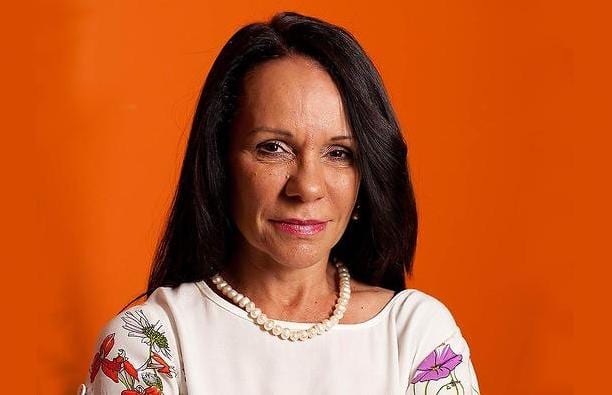“Labor has been saying clearly that we would like a voice entrenched in the Australian Constitution, and I know that there are many people on the government benches that also believe that,” she said. “I think that is ultimately what we would want to see.”
“Let’s have the discussion. Let’s have the consultation. And let’s also, importantly, look at the work that’s been done over the last decade. Labor is certainly up for a collaborative approach on this, but of course it needs to be what people in the community are saying.”
The measure to have a constitutionally enshrined voice was proposed by The federal government’s Referendum Council in its Uluru Statement from the Heart in 2017. A referendum was put forward as an election promise by former ALP leader, Bill Shorten.
It’s a promise Burney’s clearly not willing to forgo, her pledge yesterday all-but confirming the Party’s intention to move forward with the campaign.
“Labor has said very clearly that we embrace the Uluru Statement wholly, and that does mean a voice for Aboriginal and Torres Strait Islander people to the parliament,” she said.
ALP Indigenous Senator, Pat Dodson also implied that enough time had been wasted on the issue and the government should seek to hasten a referendum.
“I would be trying to set up some timeframes and you want the voice legislated in the next six to eight months. And you want a referendum process within the next 12 months — and get on with it,” he said.
Indigenous Australians Minister, Ken Wyatt looks to be on at least somewhat of a unity ticket with Labor. He unveiled plans for a referendum on indigenous recognition yesterday and vowed to create an Indigenous advisory body to Parliament. He would not confirm however, whether the government had made a decision on enshrining such a voice constitutionally.
Resistance to this extra mile, may be linked to a backbench revolt on the proposed legislation, with controversial MP Craig Kelly announcing this morning that he would campaign against a constitutionally recognised voice.
He told The Guardian that if Wyatt chose to pursue “words in the constitution that don’t really mean anything, that are symbolic, then that’s fine”. But if he campaigned for a policy like the “First Nations voice” outlined in the Uluru Statement then he’d fight against it.
He also anticipated such a move would be unacceptable to other like-minded Coalition colleagues, labelling the plan “divisive.”
Wyatt acknowledged possible resistance from certain party members during his press club speech, saying he’d need to “find common ground” with his more “reticent colleagues.”


